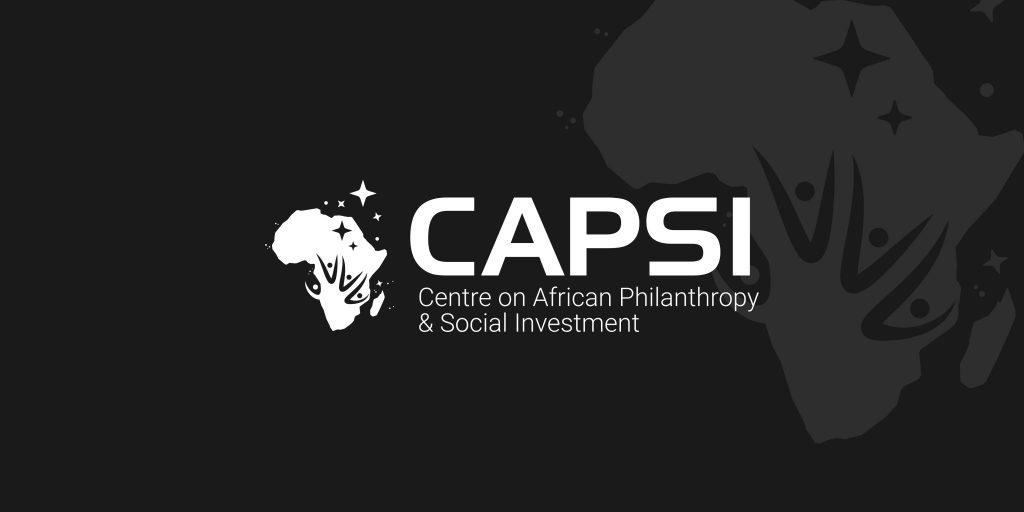
PhD students from across Africa gathered at the Wits Rural Facility in Mpumalanga for the annual CAPSI–Wits PhD Writing and Methodology Workshop. The week-long retreat created space for doctoral candidates to strengthen their academic writing, refine research methods, and connect with leading scholars in the field of African philanthropy.
Hosted by the Centre on African Philanthropy and Social Investment (CAPSI) in partnership with Wits Business School, the retreat was facilitated by renowned academics and focused on practical training. Sessions included writing skills, developing research questions, refining methodologies, data analysis, and supervision.
The workshop forms part of CAPSI’s broader vision to nurture the next generation of African scholars. By supporting students both in and affiliated with philanthropy, CAPSI aims to strengthen networks of experts who will advance knowledge for the benefit of philanthropy and development across the continent.
Programme highlights
Over five days, participants engaged in:
- Structured writing sessions and one-on-one mentorship
- Check-in presentations of work-in-progress with faculty feedback
- A three-minute research communication competition
- Final student presentations, judged by academics, with recognition for outstanding work
Academic input included sessions from Dr Eleanor Chipeta (theory and practice of research), Dr Wycliffe Ouma (competition guidance), and closing reflections by Prof Jacob Mati.
Addressing urgent challenges
Delegates highlighted that the retreat not only strengthened their writing skills but also spoke to Africa’s pressing development needs.
Samuel Nkansa Appiah, a doctoral student at Wits Business School from Ghana, reflected on the urgency of philanthropic research in tackling unemployment and promoting stability.
“The relevance of philanthropic research in Africa is not only important but also very timely,” he said, noting that rising youth unemployment has economic implications and threatens national peace. He emphasised that governments alone cannot resolve these challenges and called for research into how the non-profit sector can complement public efforts.
Through its teaching and research, CAPSI is building this knowledge base. The Centre offers executive programmes such as a PhD in African Philanthropy and a Master of Management in African Philanthropy, creating pathways for scholars to investigate how philanthropy can drive solutions to pressing issues.
Reflecting on the retreat, Appiah added that it had sharpened his methodological skills in areas including research paradigms, research design, and data analysis.
Mentorship and collaboration
Dr Dennis Osei, Regional Lead Researcher at CAPSI Africa, highlighted the workshop’s role in providing intensive academic mentorship.
“The goal of attending the CAPSI PhD Writing and Methodology Workshop was successfully achieved,” he said. “The workshop provided intensive mentorship from Wits University and external academics.”
He explained that fellows received guidance on both the theory and practice of research, with particular emphasis on sharpening methodological skills, improving academic writing, and building confidence in producing publishable research outputs.
Osei added that the immersive setting enabled interaction with peers at different stages of their doctoral journey, “fostering collaboration, peer learning, and collective growth.”





